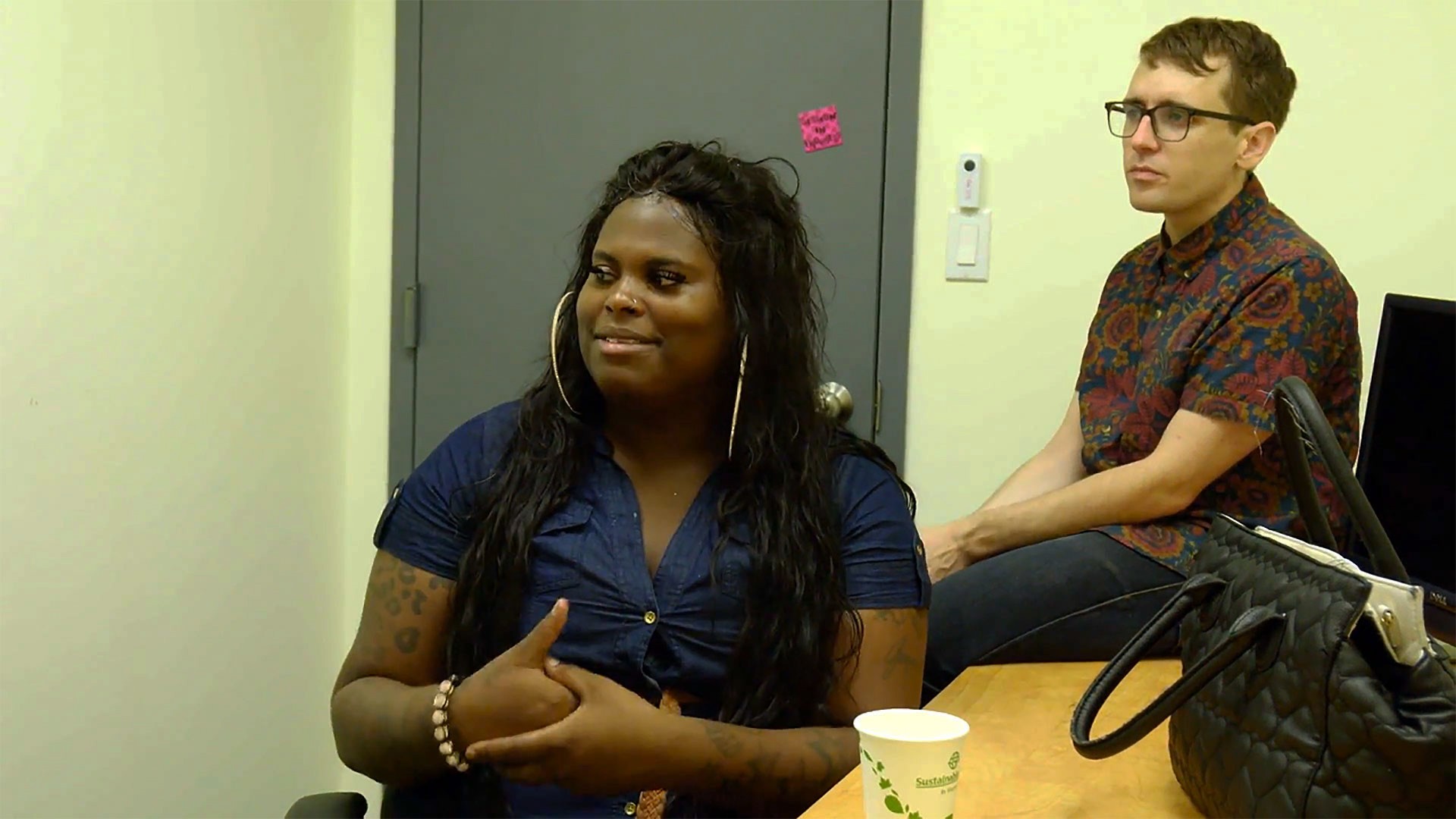Harrison Browne, playing for the Buffalo Beauts. Photo courtesy the NWHL
Advertisement
Advertisement
Advertisement
Watch "A Support System for the Trans Community":

"When people tell you who they are, you should just respect them no matter what," Milan continued. "And if people go out of their way to use the wrong name or the wrong pronouns, it's just an invalidation of that person's identity."Browne agreed. "If someone refuses to call an individual by their chosen name or proper pronouns, they're just doing it out of malice," he said. "I feel it's a form of bullying, especially if someone is doing it repeatedly. There's a difference between making a slip up and doing something on purpose."Understanding and respecting the importance of trans individuals' names and pronouns is not just necessary—it's made incredibly urgent by the election of Donald Trump, which may seriously imperil LGBTQ rights. Trans individuals in particular cannot afford the kind of invalidation and marginalization that disrespecting their names and choices may bring.Follow Lyndsey D'Arcangelo on Twitter.